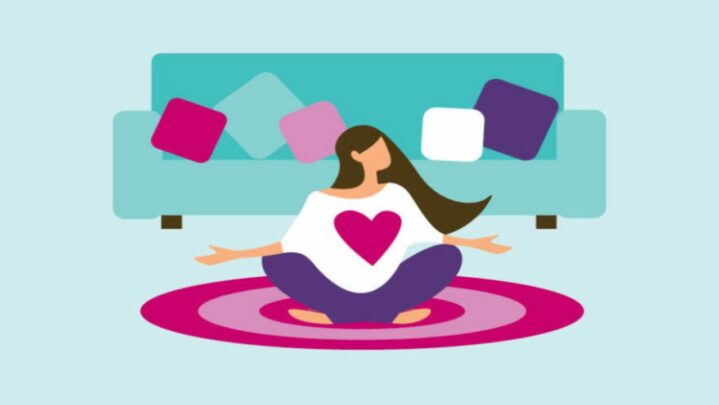Physical Self-Care
If you want your body to work properly, you must take care of it. Remember that there is a strong link between your body and your thoughts. You’ll think and feel more reasonable if you take care of your body. Physical self-care entails how you fuel your body, how much sleep you receive, how much physical activity you do, and how well you look after your physical requirements. Attending medical visits, taking prescribed medications, and monitoring your health are all examples of effective physical self-care.
Self-Care in Social Situations
Self-care requires socialization. However, it is often difficult to make time for friends, and it is tempting to forget your relationships when life becomes hectic. Close relationships are essential for your well-being. Investing time and energy in developing relationships with others is the most effective strategy to cultivate and maintain intimate relationships. There is no set number of hours you should spend with your friends or work on your relationships. Everyone’s social demands are slightly varied.
Emotional Self-Care
It is critical to have good coping skills while dealing with unpleasant emotions such as anger, worry, and grief. Activities that help you express & recognize your feelings on a regular and safe basis are examples of emotional self-care. It’s important to incorporate emotional self-care into your life, whether you talk to a close friend or a partner about how you’re feeling or set time for leisure activities that help you process your feelings.
Spiritual Self-Care
According to research, a religious or spiritual lifestyle is often a healthier lifestyle. Nurturing your spirit, on the other hand, does not have to involve religion. It can include everything that aids in the development of a greater feeling of meaning, comprehension, or connection with the cosmos. Spiritual self-care is essential, whether you love meditating, attending religious services, or praying.
Also Read: 10 Buddha Inspirational Quotes On Love, Life, And Happiness





